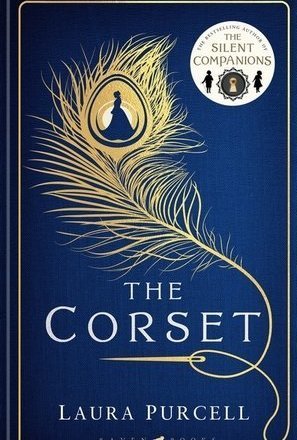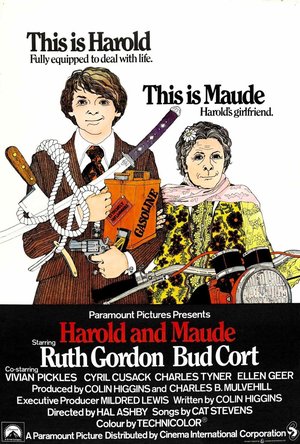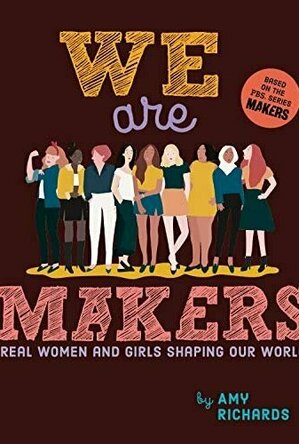
My Big Book of Bible Heroes Devotional
Book
Kids love My Big Book of Bible Heroes. . .and now your kids will love the My Big Book of Bible...
devotional religion religious christian inspiration inspirational
Darren (1599 KP) rated 5 Flights Up (2015) in Movies
Jun 20, 2019
The couple have to deal with the idea that Dorothy needs major surgery to fix a ruptured disc in her back, this means that Alex has to go along with selling the apartment to help fund the operation. The attempts to sell the apartment get put in jeopardy when a terrorist attack happens on the Williamsburg Bridge where a tanker gets abandoned on the bridge and the suspect flees.
The first interested parties turn up before the open house where Alex & Ruth get to meet a collection on colourful characters that all have different opinions on the apartment. Alex & Ruth decide to try and find their own replacement apartment as they continue to battle the idea of trying to pick who to sell the apartment too.couple
5 Flights Up tells such a simple story of a couple trying to move apartments, while dealing with their sick dog. This is putting everything down to the simplest way, the flashbacks show how in love the couple have been through the years but for the most part the film takes place over a couple of days. I will say not everyone will find this appealing and I do think the light hearted comedy makes the film a lot more enjoyable. The performances are all important and the character our couple meet add to the story. This will go under many people’s radar but it is well worth a watch. (7/10)
Actor Review
Morgan Freeman: Alex is our elderly man reluctantly selling his apartment with his wife. We watch how the relationship has blossomed over the years and the love for their dog helped keep them happy. Morgan gives us a charming performance that shows he age without taking away any of his acting credentials. (7/10)
Diane Keaton: Ruth is Alex’s wife who is willing to sell their apartment and falls for another apartment, she tries to convince Alex into buy the new apartment as they both continue to want to buy the new apartment alone. Diane does give a good performance showing she still has what it takes to lead a film. (7/10)
Support Cast: 5 Flights Up has a supporting cast that each have their own colourful take on the situation as we see Alex & Ruth react to them all.
Director Review: Richard Loncraine – Richard gives us a charming drama that keeps our attention from start to finish. (7/10)
Drama: 5 Flights Up puts us into a very real situation off an elderly couple considering moving but as the story unfolds we see how difficult it is to make that decision. (8/10)
Settings: 5 Flights Up keeps the settings easy to identify and gives them all a very homely feel to our couple. (9/10)
Suggestion: 5 Flights Up is one to try I do believe it will be enjoyed but there is part of me that thinks some people will not enjoy this one too much. (Try It)
Best Part: Open house.
Worst Part: The characters the couple meet are slightly generic.
Believability: The moving idea is a very real idea that people will find themselves in and the indecision about it too. (8/10)
Chances of Tears: No (0/10)
Chances of Sequel: No
Post Credits Scene: No
Oscar Chances: Unlikely
Runtime: 1 Hour 32 Minutes
Tagline: A coming of age story
Overall: Charmingly enjoyable film about life and the difficulties with change.
https://moviesreview101.com/2015/05/18/5-flights-up-2015/
ClareR (6067 KP) rated The Corset in Books
Sep 28, 2018
As the story unfolded, I was left wondering if Ruth did indeed have some sort of magical power. It's quite a menacing atmosphere in the book. Dorothea comes across as frivolous, only concerned with her comfy life - but this also changes as the book develops.
And that twist at the end!
Contrary to my He-Man allusions at the start, I really enjoyed this book. It was a real treat to read, and completely unexpected, as I hadn't read her first book. I'll be rectifying that mistake!!
John Hawkes recommended Harold and Maude (1971) in Movies (curated)
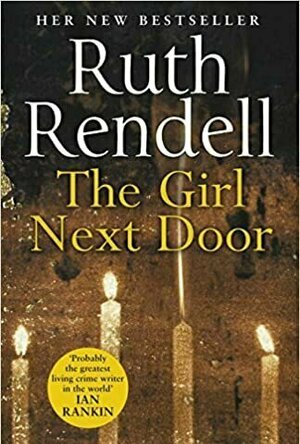
The Girl Next Door
Book
The dazzling new novel from Ruth Rendell. When the bones of two severed hands are discovered in a...
The Little Box of Feminist Flair: With Pins, Patches, & Magnets
Lauren Mancuso and Anna Fleiss
Book
Smash the patriarchy in style with The Little Box of Feminist Flair! With fabulous, fearless females...
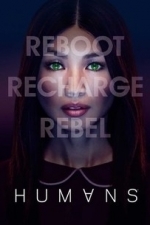
HUMANS - Season 2
TV Season Watch
Humans is a science fiction television series that debuted on 14 June 2015 on Channel 4. Written by...
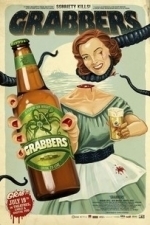
Grabbers (2012)
Movie
Police officer Lisa Nolan comes to Aran Island, Ireland, to take charge during a colleague's...

